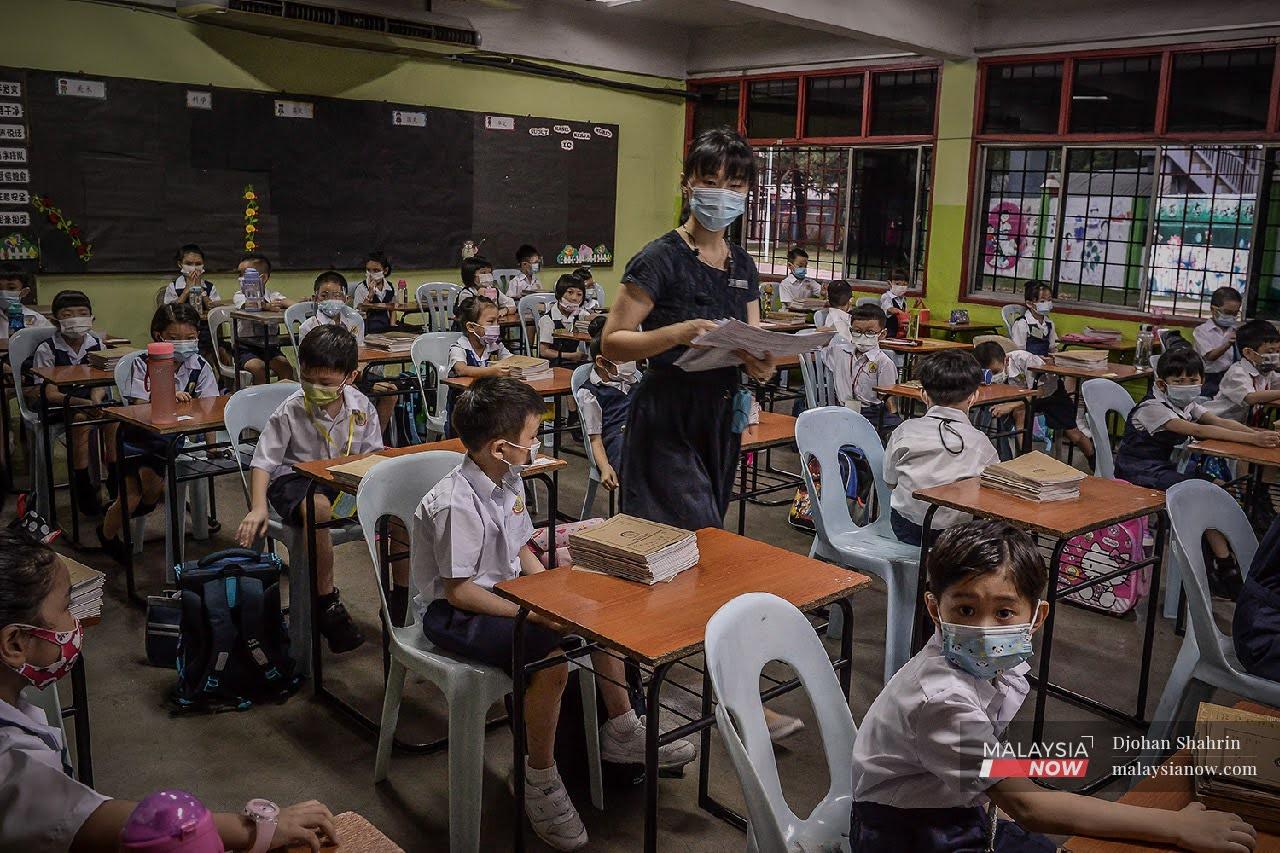The teachers giving their all, wherever they are
Whether in urban cities or rural villages, they work wholeheartedly to impart knowledge and good values to their students.
Just In
For 16 years, Muhammad Sany Kasmori has been clocking in for work each day as a teacher at SMK Section 18 in Shah Alam, Selangor.
Now 41, he has been doing the same thing for almost a third of his life but he never gets tired of the job. In fact, working at a school in a rapidly developing city always keeps him on his toes.
“It’s very subjective,” he said in a recent interview with MalaysiaNow. “Every teacher has his or her own challenges.”
For Sany, who teaches physical education, the challenge lies in keeping up with the demands of technology. These days, it is not enough to rely on the techniques and practices of the past — he and his fellow teachers need to equip themselves with new skill sets in order to stay one step ahead of their students.
There is also a big difference between dealing with students in urban areas and those in rural villages and, of course, the problem of ensuring that schools are set up with proper internet facilities — a must in this day and age.
“If people knew half of what teachers have to do, they would be surprised,” he said.
Dedication
The 2018 Cambridge International Global Education Census found that Malaysian teachers were among the most dedicated in the world when it came to ensuring the academic success of their students.
The study conducted by Cambridge Assessment International Education, under the University of Cambridge, also found that 70% of Malaysian teachers saw teaching as a rewarding career.
For Norjilawati Mohd Amin, who teaches moral studies at SMK Setia Alam in Shah Alam, academic achievements are important. But she also believes that character, knowledge and professional skills are of equal importance.
Speaking to MalaysiaNow, she said the real challenge was in fact how to “humanise humans”, in an era of turmoil which more often than not sees the destruction of moral values, ethics and manners.
“Teachers don’t always get the chance to impart values like these,” she said.
“They have to focus on finishing the syllabus because they are worried that their students won’t be able to answer the questions that come out in their exams.”
Internet
Idi Johan Mohd Zohdi teaches mathematics at a school in Sekinchan, Selangor.
He believes that a good relationship between teachers and parents helps solve most problems, even those that occur outside of school hours.
“Most parents here are farmers, fishermen, traders and labourers,” he said. “A handful of them are civil servants.”
They do not earn much in way of salary, and this in turn affects their children and their studies.
Many of the children also work alongside their parents in fields and plantations and get left behind in their schoolwork.
Then, there is the problem of internet access.
For the two years during which the pandemic forced the closure of schools and moved classes online, Johan and his students struggled together to keep things going.
“I had to go to the main road to get internet that was good enough to hold my classes online,” he recalled.
“Some of my students, I couldn’t reach at all. I had to go to their houses to pass them their worksheets.”
But despite the challenges and hardships, Sany said teachers find new energy in the face of their students.
“The hope of all who are teachers is for society to be more aware about issues and not just blame us,” he said.
“Work together with us to ensure that this future generation is not left adrift without any guidance at all.”
Subscribe to our newsletter
To be updated with all the latest news and analyses daily.
